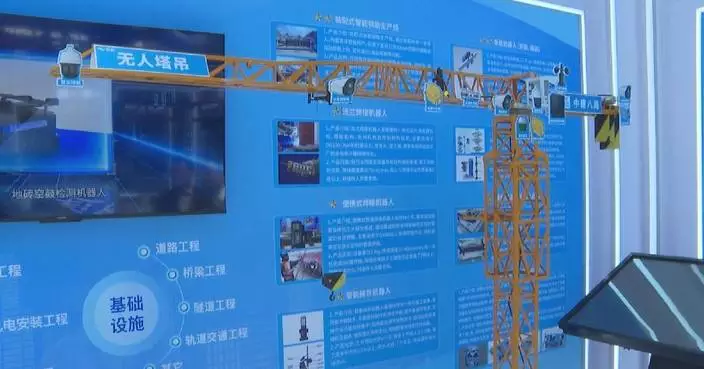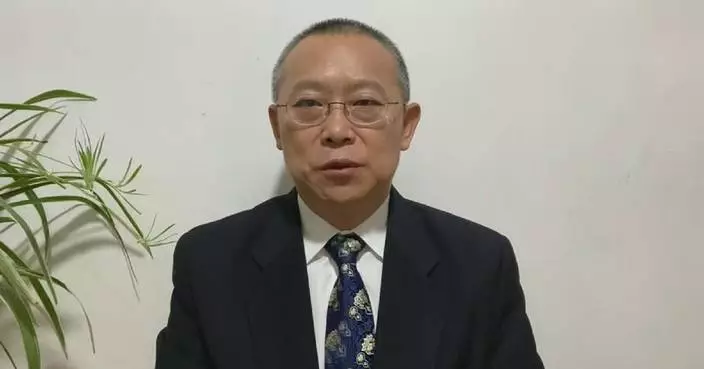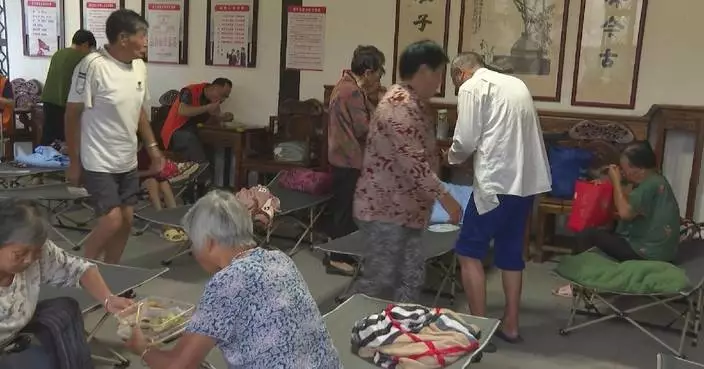A former Ethiopian government minister has been looking to soak up knowledge of China's development experience after spending several years in studying in Beijing, hoping to transfer what he has learned to help make a difference back in his home country.
Teka Entehabu, the former minister of state at Ethiopia's Ministry of Trade and Industry, has spent the last three years studying for his PhD at the prestigious Peking University's Institute of South-South Cooperation and Development, as he seeks solutions for his country's developmental issues while drawing on China's successful reform and opening-up experiences.
Founded in April 2016, the institute is dedicated to sharing governance experience between China and other developing countries, with the goal of cultivating high level government management talent across the developing world.
The institute represents a shift in China's cooperation with South-South countries, moving from financial and infrastructural support to the exchange of development wisdom and ideas, thereby enhancing contributions to global South-South cooperation efforts.
"We cannot directly copy the China development model. But we can learn more and we can try to take some lessons, experiences and we can apply to our country based on the situation, the environment we have in our countries," Entehabu said.
Wang Yong, the academic deputy dean at Peking University, is also serving as Entehabu's PhD advisor, and believes his student is on the right track to finding the best way to tackle key issues.
"He's always been focused on the trade and industrial sectors. He takes a comparative approach with specific problems in mind, always mindful of the experiences of other countries," Wang said.
This summer, 35 students from 19 countries are graduating from the institute, highlighting the wide global appeal of the courses. Over the eight years, the institute has trained more than 400 high-caliber individuals for the governments of more than 70 developing countries, providing vital intellectual support for the modernization of their national governance systems and capacities.
Entehabu is now enthusiastic about getting back to Ethiopia and making the changes that are needed to propel his homeland forward.
"I'm so keen to bring some changes in my country. I need to make some difference in my country's development. That's the motive of every student in the South-South Cooperation," he said.
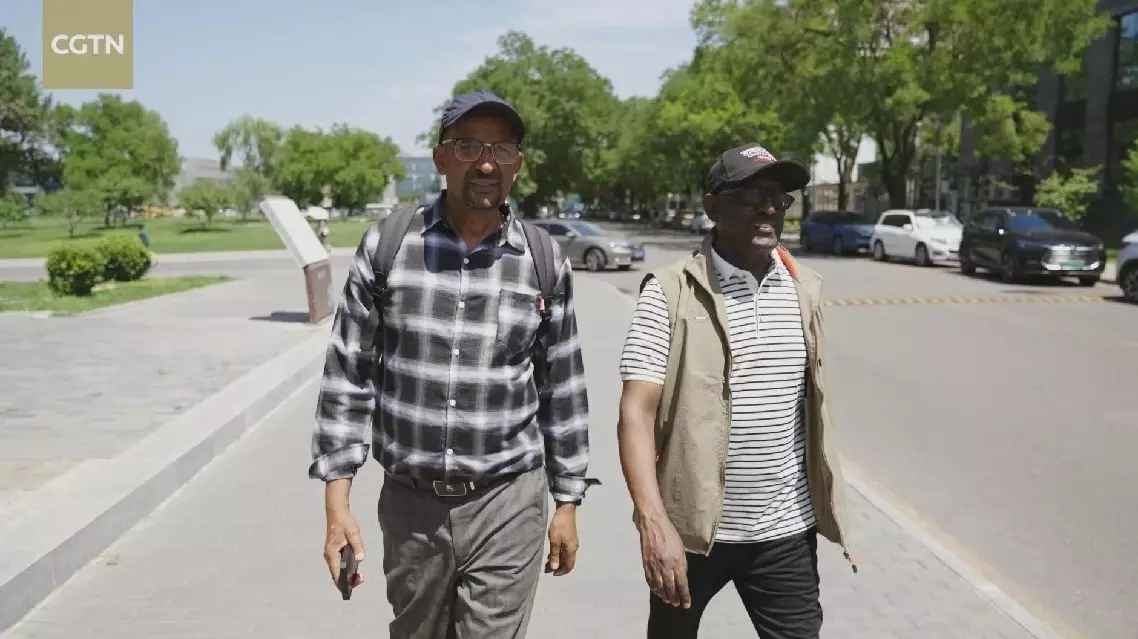
Former Ethiopian minister seeks development solutions while pursuing PhD in China
Chinese scientists have set a new record by reaching a drilling depth of 750 meters on the Qinghai-Xizang Plateau, during the country's second comprehensive scientific expedition to the hinterland of the plateau.
The team led by academician Fang Xiaomin from Chinese Academy of Sciences (CAS) is currently carrying out a resource and environment research project in the Lunpola Basin, which is the first proven oil-producing basin on the Plateau.
Overcoming a series of difficulties brought by the harsh high-altitude environment, the team managed to reach more than 750 meters below the surface.
With an average altitude of 4,600 meters, the Lunpola Basin has accumulated the most continuous Cenozoic strata of the plateau dating back for 55 million years, which makes it a key region for studying the plateau's tectonic features, climate, biology and ecology as well as their co-evolution.
The rock samples taken from deep down the earth not only record the history of tens of thousands of years of geological and climate changes on the Qinghai- Xizang Plateau, but also reveal the distribution of energy in the stratum.
"This gray-green section with continuous layered patterns is conglomerate. This part of red sedimentary rock represents the arid climatic conditions of the subtropical high-pressure zone. And this part, with many beautiful layers, is carbonate rock, and over here, it may contain some white-jade marble or gypsum. Further down is what, I just mentioned, was produced from the tropical environment. We also successfully drilled it out. The oil shale from that time has now transformed into heavy oil, indicating that the biological climate was very rich and humid, with high plant diversity and significant organic sedimentation. It's the most important oil and gas-bearing layer in the Lunpola Basin, which is the first basin on Qinghai-Xizang Plateau where we have drilled an oil outlet," Fang explained to China Central Television reporter.
The scientist said the ongoing drilling is expected to provide an important scientific basis for the simulation and prediction of the impact of global warming and the ecological environment protection on the Qinghai-Xizang Plateau, the formation of hydrocarbon source rocks, and the exploration and development of salt lake resources.
"We have designed a drilling depth of 1,500 meters, but we will reach 1,000 meters first. If all goes well, we will drill deeper to 1,500 meters. This mission is the first of its kind globally to drill so deep, more than 1,000 meters, in the core of the hinterland on a plateau," said Fang.
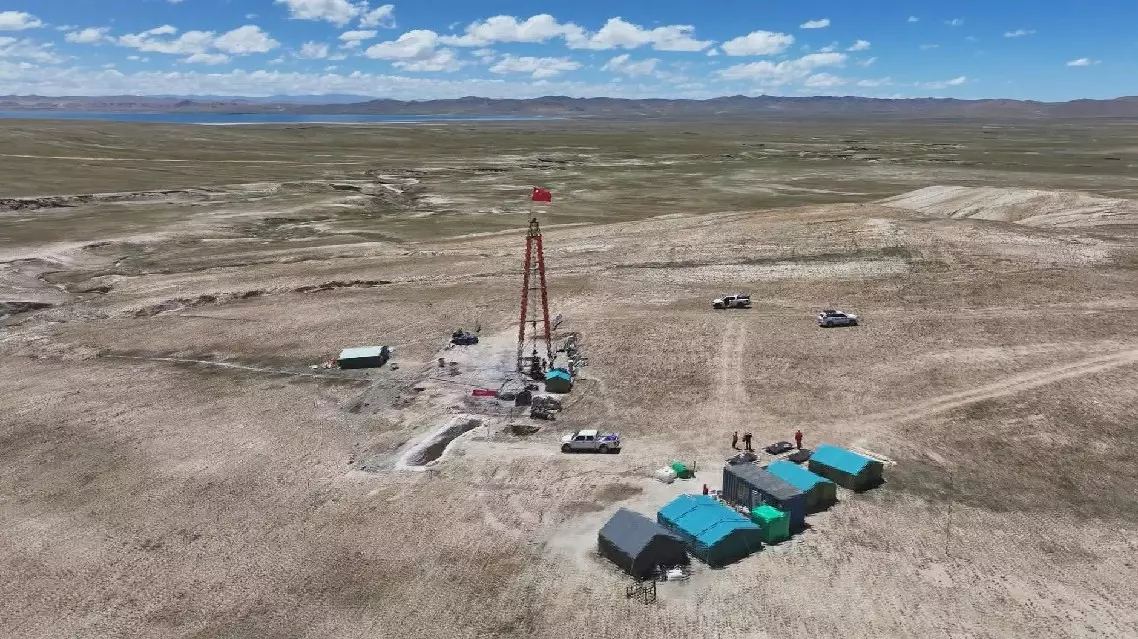
Chinese scientists set new drilling record on Qinghai-Xizang Plateau




